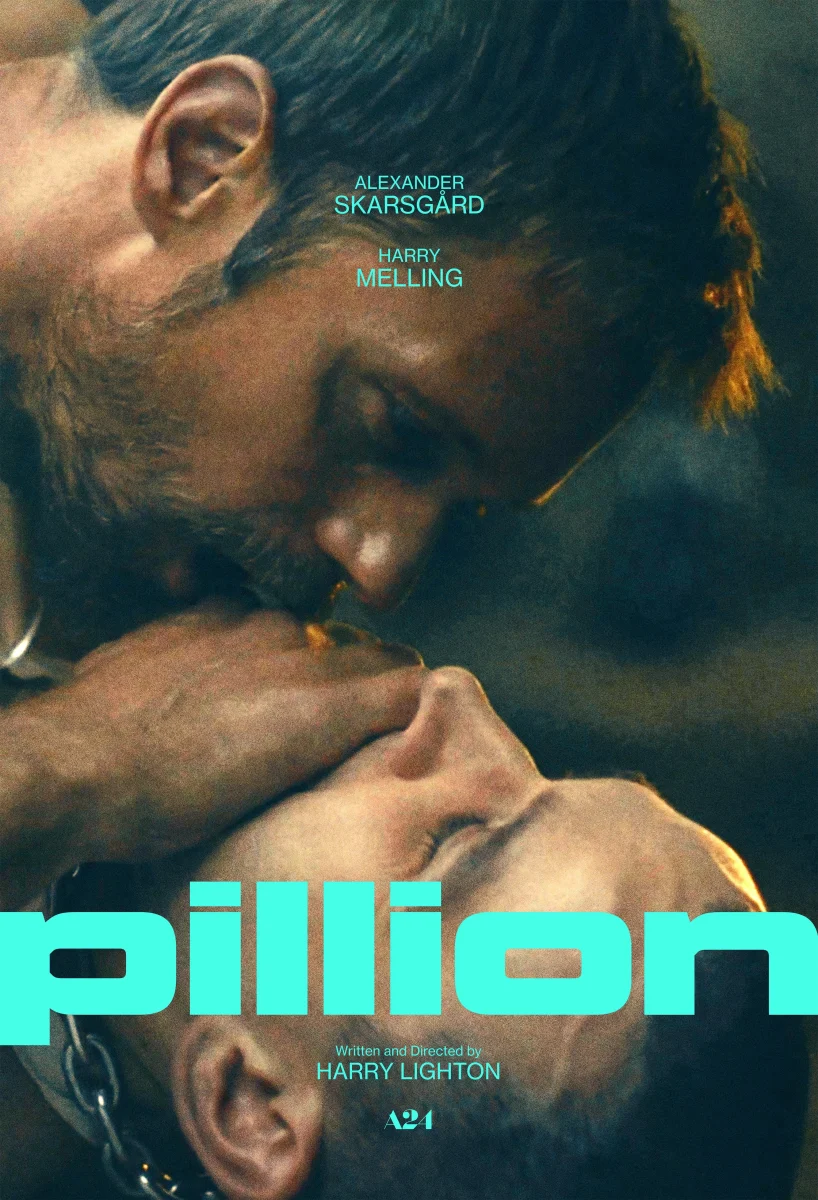On Saturday, students, faculty, and Hyde Park residents gathered in lecture rooms across campus to listen to UChicago humanities faculty lecture on their research as part of the 36th annual Humanities Day.
“[Humanities Day] started in 1980…more as a recruitment event to open up to the public, but also to have students come to the University of Chicago,” said Tom Popelka, director of external relations for the Division of the Humanities. “Over the years, it’s basically stayed the same, though it has gotten much bigger. We still only have faculty members run the division so it’s not humanities members as a whole but it’s also members from, say, history and sociology participating.”
Humanities Day is the largest public event hosted by the Division of the Humanities, with over 1,000 people registered for the diverse lectures offered this year. Attendees debated questions ranging from modern conceptions of gender identity ( “What is Man?” ) to the merits of Bob Dylan’s music.
This year’s Humanities Day keynote speaker was Professor James Chandler, the Barbara E. & Richard J. Franke Distinguished Service Professor and director of the Franke Institute of the Humanities. In his address, Chandler spoke about the value of criticism. In particular, he sought to combat the rising neglect of criticism by showing its use and its integrality to human nature.
Other popular talks included one by Frank L. Sulzberger Distinguished Service Professor Emeritus Richard Strier. In his talk, “Why Shakespeare?," Strier explored the history of the Elizabethan age and the other lesser known dramas and playwrights of the period to illustrate why we consider Shakespeare to be one of the greatest playwrights of all time.
Professor Jason Bridges, associate professor of philosophy, indulged his audience in philosophical contemplation with his talk: “Is the Mind Real? The Place of Human Thought in the Natural World.” Bridges sought to quell the anxiety that arises from our need to understand how the mind works. He questioned the possibility of ever understanding the mind through a scientific approach and demonstrated his and other philosophers’ misgivings of a purely naturalistic attitude to the mind.
While no common theme connected the lectures, Popelka explained that the lecturers were united in the common aim to promote awareness of the great breadth of humanities research.
“Humanities Day does two things,” Popelka said. “Showcase work of faculty. The other goal is to explain what the humanities is and how it’s related to you, to the general public.”








